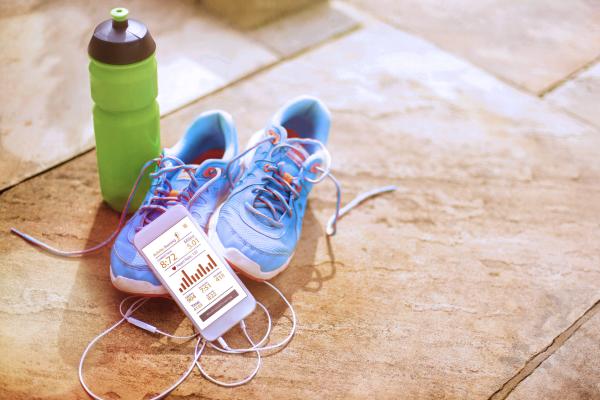
Vancouver Coastal Health Research Institute research scientist Dr. Michael Brauer answers questions about the health benefits and risks of year-round cycling.
Q: I biked to work all summer but now that the days are shorter, wetter and colder, is it still safe?
A: The most important factor for safe cycling is infrastructure that separates bikes from cars. Here in the Lower Mainland, our separated bike lanes mean more people can bike safely year-round. Ice and snow can be hazardous for cyclists, but there is no scientific reason to stop biking because it is raining. It does however require a bit more planning to keep warm and dry. Having a place to change out of wet clothes and layers at work can also be an issue. There are now many clothing options to keep you dry and comfortable, and many workplaces have designated changing rooms. Be sure to use bike lights and wear bright and reflective clothing to be visible at night, and even during the day.
Q: I have heard that biking is good for my mental health. Is that true?
A: Exercise in general is key to maintaining good mental health. Spending time in nature is very beneficial for conditions such as chronic depression. The greener your bike route, the more you will reap the rewards of biking outdoors, and the likelier you will be to spend your day in a better frame of mind. If you compare driving to cycling, cycling is generally much less stressful.
Q: I would like to exercise more. How good is cycling for my physical health?
A: There is a lot of evidence that people who cycle to work have lower rates of mortality than those who do not. A large 15-year study of adults in Denmark showed a 40 per cent lower death rate for cycle commuters. People who switched to cycling have better cholesterol levels and heart health; research shows that driving in congested traffic can trigger heart attacks. Cyclists also have a reduced risk for many types of cancer.
Q: What about breathing in car and truck exhaust year-round? Is that bad for my health?
A: Even in quite polluted cities, it is still far better to cycle. The physical benefits greatly outweigh any possible negative impacts from breathing in some air pollution. When you sit in your car in traffic, you are also breathing in exhaust from other vehicles, but not experiencing the benefits of physical exercise. Additionally, many bike lanes are built away from heavy traffic.
Q: Apart from better health, are there other benefits to cycling?
A: Another benefit, which we need to advertise more, is that biking makes things better for car drivers! If you have 5,000 bikes going over a bridge that’s 5,000 fewer cars. That is a huge impact on congestion. We spend a lot of our tax dollars on maintaining roads. Bikes create much less wear and tear on roads, and end up saving governments money that they can divert to other things. More cyclists make cities more liveable—less traffic and noise is better for everyone.



